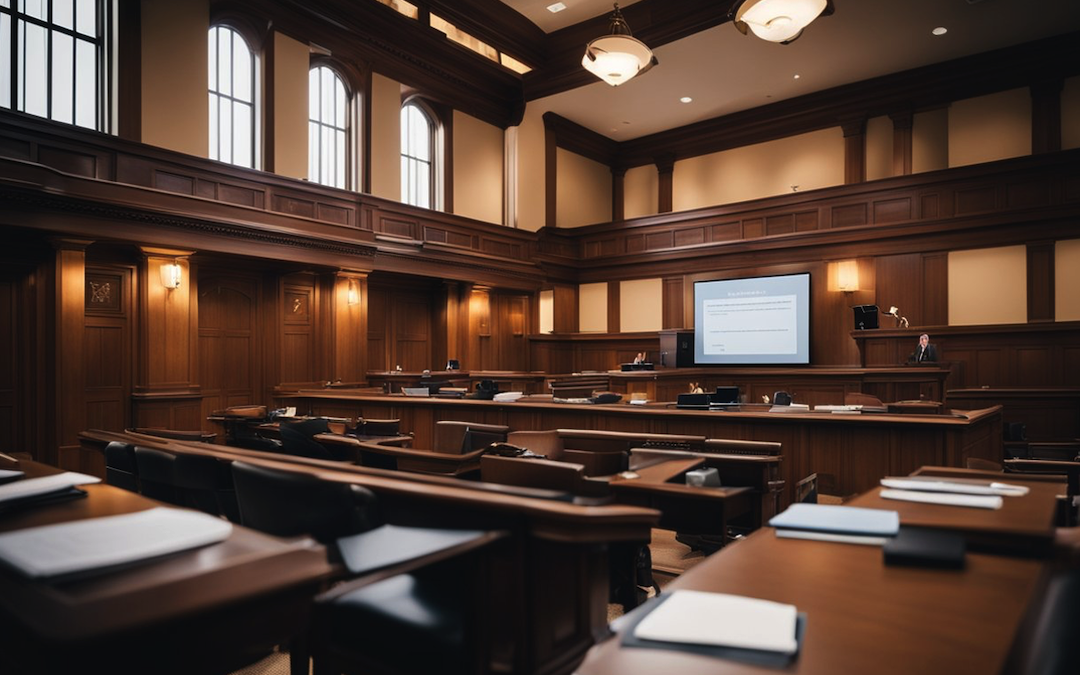
Text messages are a common part of daily communication, but their role in legal proceedings often raises questions. Text messages can be admissible in court as evidence, provided they meet certain legal criteria. Factors like authenticity, relevance, and adherence to rules of evidence are critical for their acceptance.
Courts require proof that the messages are genuine and have not been altered. This involves demonstrating the origin of the texts and verifying that the content is relevant to the case at hand. Legal teams often employ digital forensic experts to substantiate the integrity of such electronic communications. Another crucial aspect is ensuring the messages comply with privacy laws and were obtained lawfully.
Legal Framework of Text Message Admissibility
Assessing the admissibility of text messages primarily involves three key aspects: their relevance to the case, their authenticity and integrity, and the exceptions to the hearsay rule.
Authenticity and Integrity
Establishing the authenticity of text messages involves proving that they are genuine and have not been tampered with. This can be done through testimony, metadata, or forensic analysis.
Parties must demonstrate that the content, sender, recipient, and date/time stamps are accurate. Personal Injury Lawyers often rely on experts to confirm the texts have not been altered. Ensuring integrity also means that the phones or devices used to send and receive the messages have remained secure.
The Hearsay Rule Exceptions
Under the hearsay rule, out-of-court statements cannot be used to prove the truth of the matter asserted. Text messages often fall under this category.
Exceptions to this rule include admissions by a party opponent or statements covered by other specific exclusions. Personal Injury Lawyers can use these exceptions to introduce crucial messages into evidence.
Challenges and Considerations
Text messages can play a critical role in court cases, but there are various challenges and considerations that need to be addressed. These include issues around privacy and consent, technical difficulties with preserving messages, and the impact on case outcomes.
Privacy and Consent Issues
Privacy and consent are major concerns when using text messages as evidence. Acquiring text messages often requires consent from the parties involved. Without explicit consent, obtaining these messages may violate privacy laws.
For example in Manhattan, Personal Injury Lawyer frequently need to navigate these complex legal landscapes. They must ensure that they request and use text messages within the framework of the law to avoid potential legal repercussions.
Technical and Preservation Issues
Technical difficulties can arise in preserving and presenting text messages. These challenges include ensuring the authenticity of the messages and preventing any form of tampering. Mismanagement or improper handling can lead to questions about the credibility of the evidence.
Digital data must be preserved in its original format, with metadata intact. This requires expertise and often involves digital forensics specialists. Lawyers must also consider how to effectively present these messages in court, ensuring clarity and context.
Personal Injury Lawyers must stay updated on best practices for data preservation and presentation to maintain the integrity of the evidence.
Share this post
Leave a comment
All comments are moderated. Spammy and bot submitted comments are deleted. Please submit the comments that are helpful to others, and we'll approve your comments. A comment that includes outbound link will only be approved if the content is relevant to the topic, and has some value to our readers.

Comments (0)
No comment